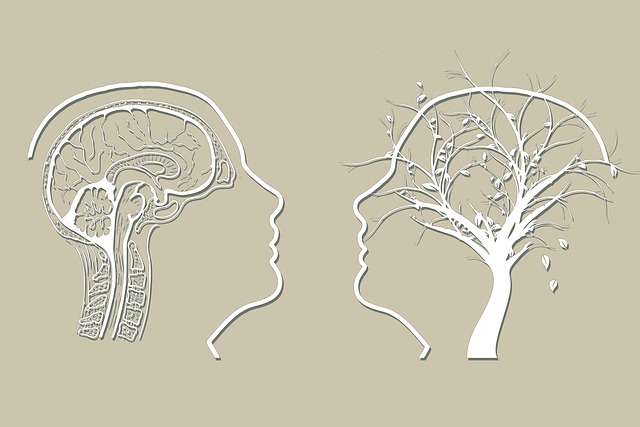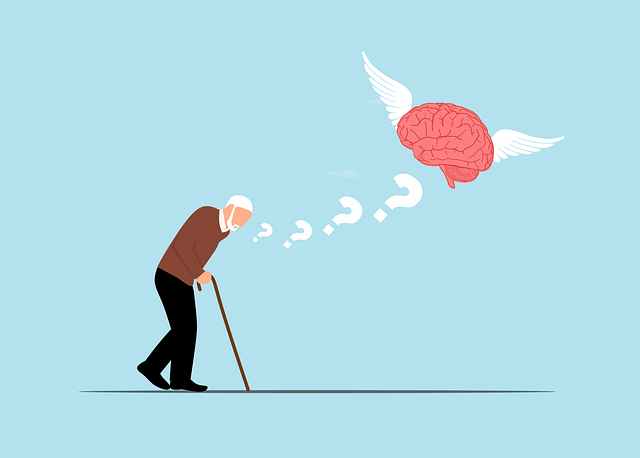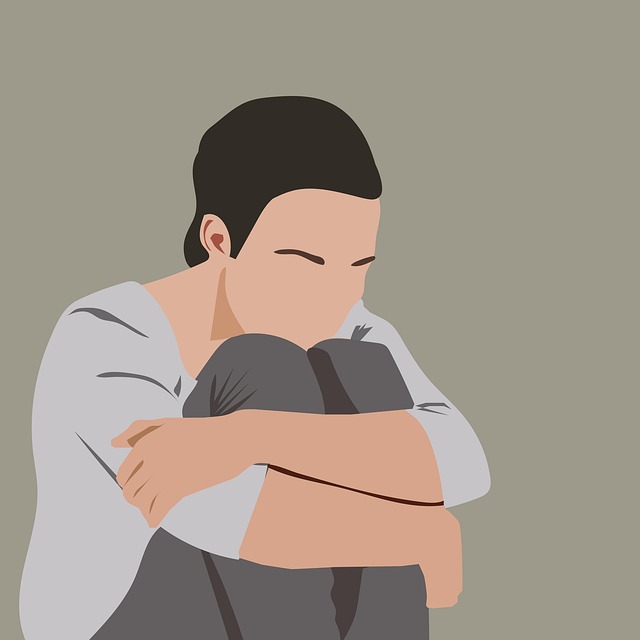Mental wellness, crucial for overall health, is often overlooked in today's fast-paced world. Self-assessment tools, combined with professional guidance like Superior Trauma Therapy (STT), empower individuals to understand and improve their emotional well-being. STT offers personalized, culturally sensitive healing paths, enhancing assessment accuracy and trust between patients and care providers. Technological advancements, including virtual reality and online communities, transform self-assessment experiences. Effective tool development involves testing, implementation, and continuous improvement, incorporating evidence-based practices like STT for improved mental wellness outcomes.
Mental wellness self-assessment tools play a pivotal role in promoting individual well-being. This article delves into the development of such tools, focusing on enhancing trauma therapy with a particular emphasis on superior trauma therapy techniques. We explore key aspects including understanding mental wellness and its assessment, identifying the need for advanced tools, developing effective techniques, integrating technology for improved user experiences, and continuous testing and improvement strategies. By addressing these components, we aim to revolutionize mental health support.
- Understanding Mental Wellness and Self-Assessment
- Identifying the Need for Superior Trauma Therapy Tools
- Developing Effective Assessment Techniques
- Integrating Technology for Enhanced User Experience
- Testing, Implementation, and Continuous Improvement
Understanding Mental Wellness and Self-Assessment

Mental wellness, a vital aspect of overall health, encompasses our emotional, psychological, and social well-being. It influences how we think, feel, and act in various situations, impacting our ability to cope with stress, make choices, and form relationships. Recognizing and understanding mental wellness is the first step towards fostering a healthy mind. Self-assessment tools play a pivotal role in this journey, enabling individuals to gain valuable insights into their emotional states and psychological functioning.
Self-assessment, when coupled with professional guidance, such as Superior Trauma Therapy, can be a powerful catalyst for personal growth. These tools facilitate self-reflection, encouraging individuals to identify strengths, weaknesses, and potential areas of concern. By promoting mental health awareness and emotional intelligence, self-awareness exercises become integral to an individual’s wellness regimen. They empower people to take charge of their mental well-being, fostering resilience and enhancing overall quality of life.
Identifying the Need for Superior Trauma Therapy Tools

In today’s fast-paced world, mental wellness is a crucial aspect often overlooked amidst the hustle and bustle of daily life. This has led to a growing need for superior trauma therapy tools that cater to the complex needs of individuals navigating through challenging experiences. Traditional methods might not adequately address the profound impact of trauma on one’s psyche, thus emphasizing the importance of developing innovative solutions.
The development of advanced self-care practices and mental wellness coaching programs can play a pivotal role in this regard. By integrating these tools with increased mental health awareness, individuals can gain better access to support systems, enabling them to heal from past traumas effectively. This, in turn, fosters resilience and promotes overall mental wellness, ensuring folks can live fulfilling lives free from the shackles of traumatic experiences.
Developing Effective Assessment Techniques

Developing effective self-assessment tools for mental wellness requires a nuanced approach, especially when addressing complex issues like trauma. Superior Trauma Therapy (STT) offers a promising framework by integrating emotional healing processes tailored to individual experiences. These techniques go beyond traditional assessments by encouraging individuals to explore their unique paths to recovery, considering cultural sensitivity in mental healthcare practice as a critical component for inclusive and effective treatment.
By leveraging STT methods, self-assessment tools can evolve to cater to diverse populations, ensuring that public awareness campaigns development aligns with the latest evidence-based practices. This approach not only improves assessment accuracy but also fosters trust between patients and care providers. It empowers individuals to take charge of their mental wellness journey while providing healthcare professionals with valuable insights for personalized interventions.
Integrating Technology for Enhanced User Experience

The integration of technology in mental wellness self-assessment tools has opened up new avenues for enhancing user experiences and improving access to care. Digital platforms can provide a more engaging, interactive, and personalized journey for individuals assessing their mental health. By leveraging advanced algorithms and artificial intelligence, these tools can offer tailored recommendations and support strategies based on users’ input and feedback, ensuring a superior trauma therapy experience that caters to individual needs.
Furthermore, technology integration allows for the incorporation of innovative features such as virtual reality (VR) simulations, which can help individuals confront and manage their stress and anxiety in safe, controlled environments. This not only aids in burnout prevention but also equips users with effective conflict resolution techniques. Additionally, online communities facilitated by these platforms enable peer support and shared experiences, fostering a sense of belonging and enhancing the overall effectiveness of self-assessment tools. Community outreach program implementation through digital channels further broadens access to mental wellness resources, ensuring that support is available to those who may otherwise face barriers in accessing traditional services.
Testing, Implementation, and Continuous Improvement

Testing, implementation, and continuous improvement are integral stages in developing robust mental wellness self-assessment tools. After creating a tool grounded in evidence-based practices like Superior Trauma Therapy and incorporating user-friendly design elements, rigorous testing is essential to ensure its accuracy and reliability. This involves administering the tool to diverse populations, analyzing feedback from participants, and refining the assessment based on gathered data.
Successful implementation requires strategic planning and consideration of various contextual factors. Incorporating the self-assessment tool into existing mental health services, whether through digital platforms or traditional therapy settings, demands a comprehensive approach that addresses logistical challenges and ensures accessibility for all individuals seeking support. Ongoing monitoring and evaluation, coupled with mechanisms for gathering user feedback, enable continuous improvement, allowing the tool to adapt to evolving needs and best practices in mental wellness promotion, including the integration of valuable Self-Care Practices, Mental Health Policy Analysis and Advocacy, and Empathy Building Strategies.
The development of mental wellness self-assessment tools, especially those tailored for superior trauma therapy, is a multifaceted process. By understanding mental wellness, identifying specific therapeutic needs, and leveraging effective assessment techniques alongside technology, we can create powerful resources. Integrating these tools into practice demands rigorous testing and continuous improvement to ensure their effectiveness and usability. This approach not only enhances the user experience but also fosters better mental health outcomes for those seeking support.














